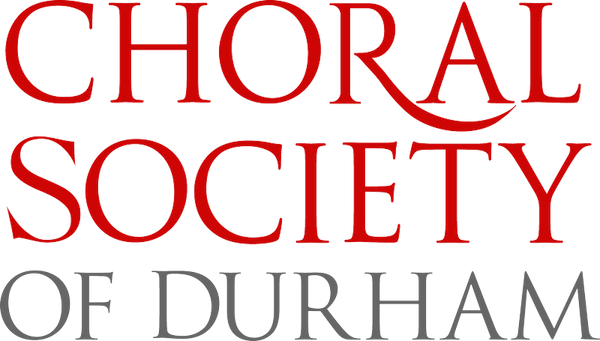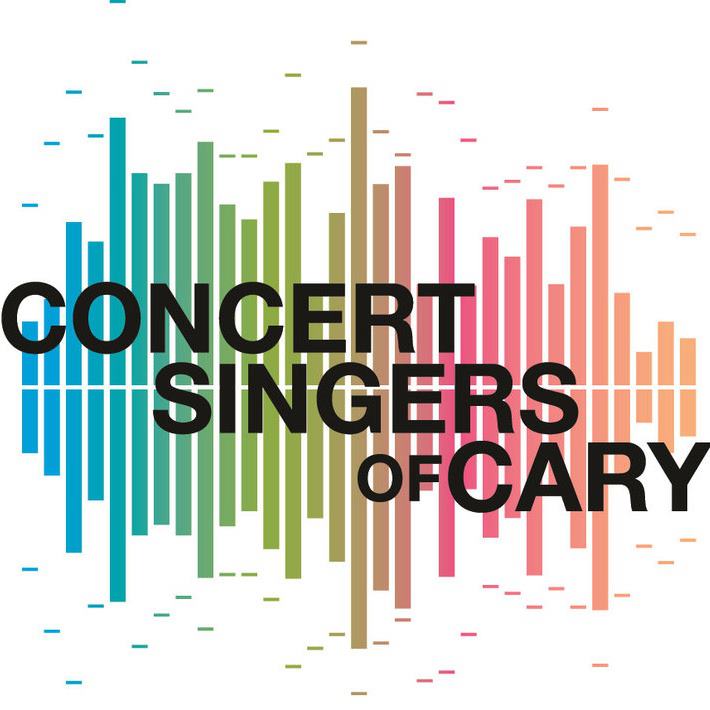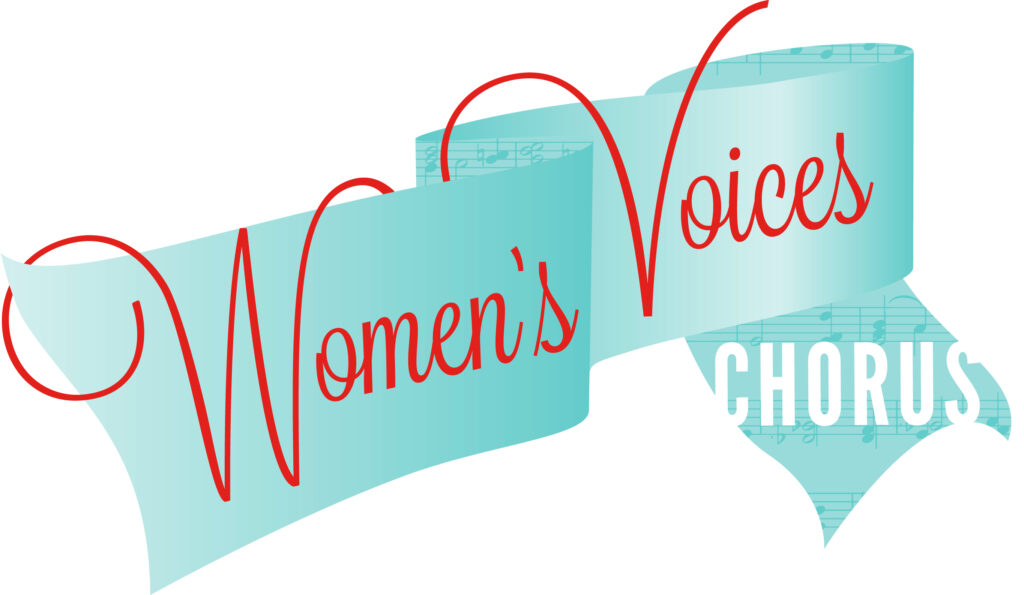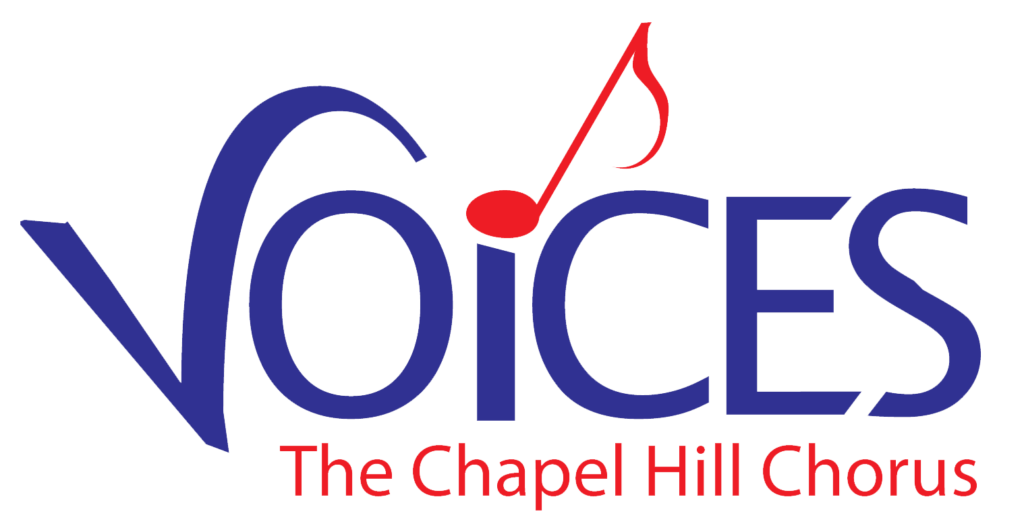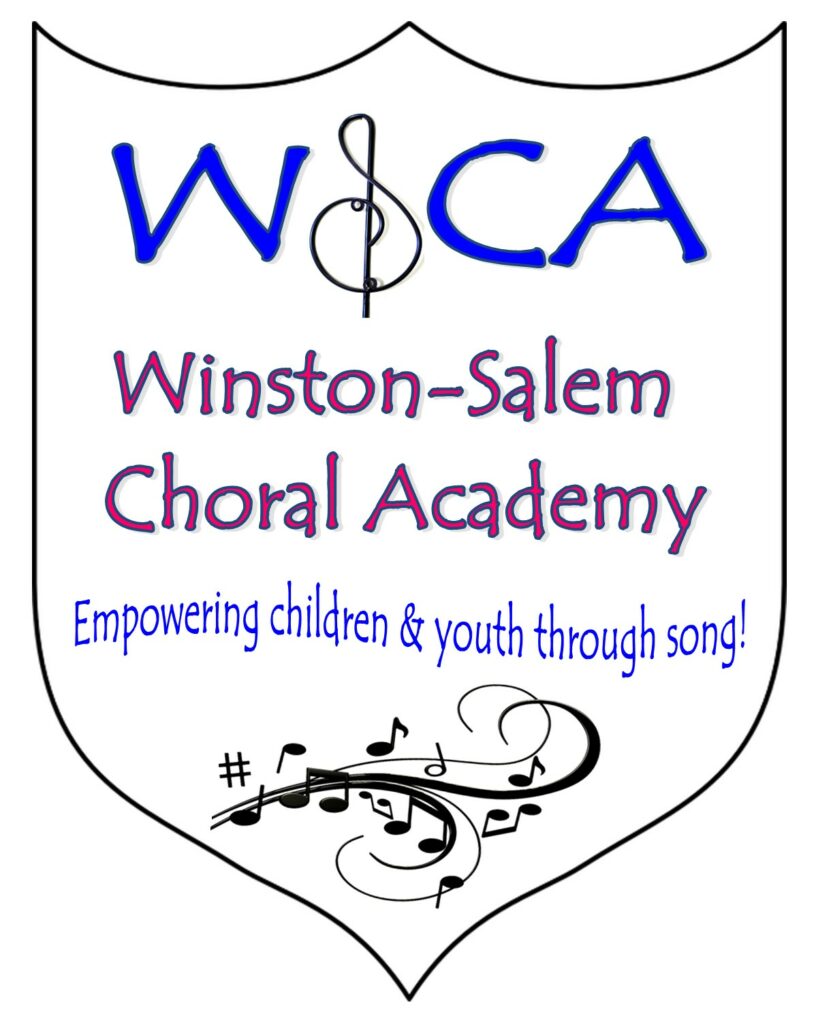William Adams, DMA
Opera isn’t relatable. Opera is not for the masses. Opera is a dying art form. Et cetera, et cetera. To paraphrase Mr. Twain, it would appear the reports of Opera’s demise may have been exaggerated. Opera companies like the Metropolitan Opera are now broadcasting their live productions to movie theaters and have “on demand” streaming options (there’s an app for that). Other subscription channels, like Carnegie Hall+, stream amazing productions from the Salzburg Festival, Bayreuth, La Scala, Bregenz Festival, Vienna, Berlin, Moscow … Plenty of great opera to be found out there.
But to really keep opera alive, you have to teach it. You have to continue to train the next generation of opera singers. You have to educate folks in how to listen to and understand opera. The latter is a topic for another, perhaps lengthy, treatise. There are, sadly, too many universities that have abandoned their opera curricula in favor of more “popular” forms of “entertainment.” But there are some who are fighting the good fight and teaching opera to their singers. Even if they don’t go on to have careers in opera, each of these singers will be better musicians, better singers, better actors, better teachers, better humans because of this experience.
Duke Opera Theater is one of these great bastions. In their concert on November 10, about twenty young singers presented scenes from operas from the Baroque to the contemporary. They programmed works that were accessible to young voices and healthy for them to study but which had enough dramatic interest to stretch them artistically as well as vocally. Adding in the Duke Chorale made this a wonderful concert with richly voiced, fully realized scenes. Perhaps the only truly negative criticism of the evening concerns the piano accompaniments. While played magnificently by Mary Hamilton and Daniel Seyfried, the piano at full-stick proved to be too big for some of the smaller voices in the company.
The evening was an exceptional demonstration of all that Duke Opera is currently offering. All of the singers were excellent and handled their roles intelligently and quite artistically. There were no moments where one was drawn to someone miscast or struggling with their role. It was presented as an opera gala, the gentlemen in tuxedos and the women in opulent ball gowns.
Grant Bryden, the only baritone for the evening, found himself in four scenes moving well between Mozart’s Count and Don Alfonso (although his lighter baritone is better suited for Guglielmo), Donizetti’s Sulpice, and Bizet’s Zuniga. His voice is light but very clear and clean and he has a strong presence on stage. Madeleine Collier has a delightfully bright, agile coloratura that shimmered as Susanna. Dolce Feenaghty was playful as Adele with a very bright, excellent coloratura. Sarah Gorbatov sang with a warm, full tone as the Countess. Melissanthi Guthold also created a rich, dramatic, and very expressive Countess. Claire Hardek as Marie (Fille du regiment) was wonderfully comedic and sang with a beautiful tone and excellent diction. Helena He also displayed excellent comedic timing and presence and added a nice modern twist to Susanna, using an iPad for dictation. Mills Howell brought a sweet, lyrical tone to Dorabella. Julia Leeman as Treemonisha sang with a very lyrical, graceful voice which worked well in their treatment of the Joplin opera. It was neither too light nor too operatic which worked perfectly for this piece that is somewhat between genres. In contrast, her tone was more operatic and perfectly suited to her appearance as Blanche in Carmelites. Sophia Leeman was impressive as Carmen with a big, powerful voice and terrific presence. Robert Miron showed great physical presence and excellent comedic sense and timing in his roles as Tonio (fille du regiment) and as Eisenstein (Fledermaus). Abigail Pickens sang with a warm, flowing tone as Lucy (Treemonisha) which made for a beautiful, well complemented duet. Emma Ren has a big voice with plenty of presence which made her turn as Fiordiligi exciting but did somewhat overbalance her scene partners. Senca Russell as Frasquita provided brilliant, ringing high notes for the the sextet. Lauren Strauch sang with a warm but lyrical mezzo for her turns as Mere Jeanne and Mercedes. Amanda Treston gave a strong and energetic rendition of Prince Orlovsky; her tone was very rich and present. Special nod to Ted Federle singing a lyrical Escamillo with a strong, heroic presence on stage.
In addition to serving as the opera chorus for many of the scenes, the Duke Chorale had two standout moments of their own. They showed dynamics to mean more than volume with wonderful contrasts in energy and intensity. Their diction was excellent and their musical phrasing was executed with great intent and sensitivity. Of particular merit was their free, warm tone allowing vibrato and bringing a bigger choral and more operatic aesthetic to their selections.
The concert was free of charge but sadly somewhat under-attended. Being able to hear opera presented so well and in such a beautiful, truly world-class setting as Baldwin Auditorium, is one of the many great benefits of living here. Duke Opera and the Duke Chorale presented an excellent program worthy of any conservatory in the country.

